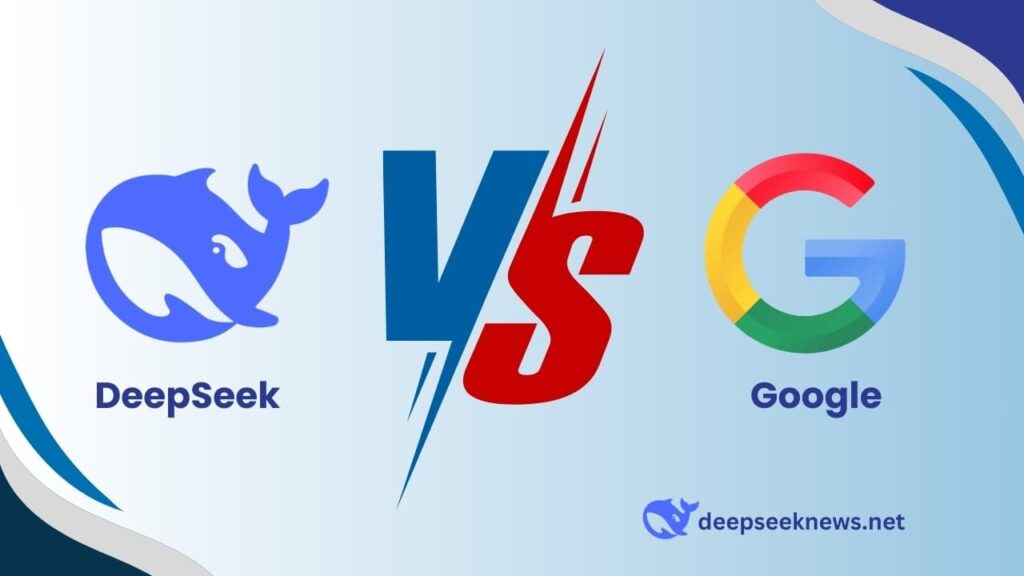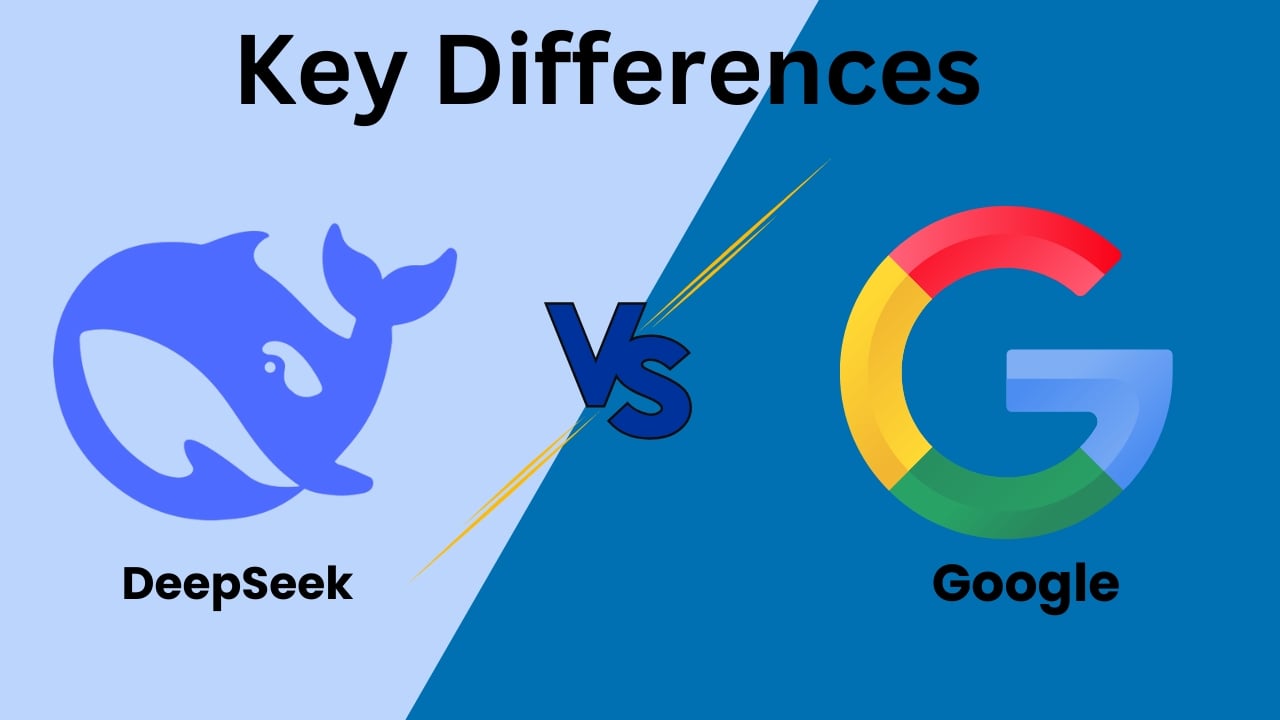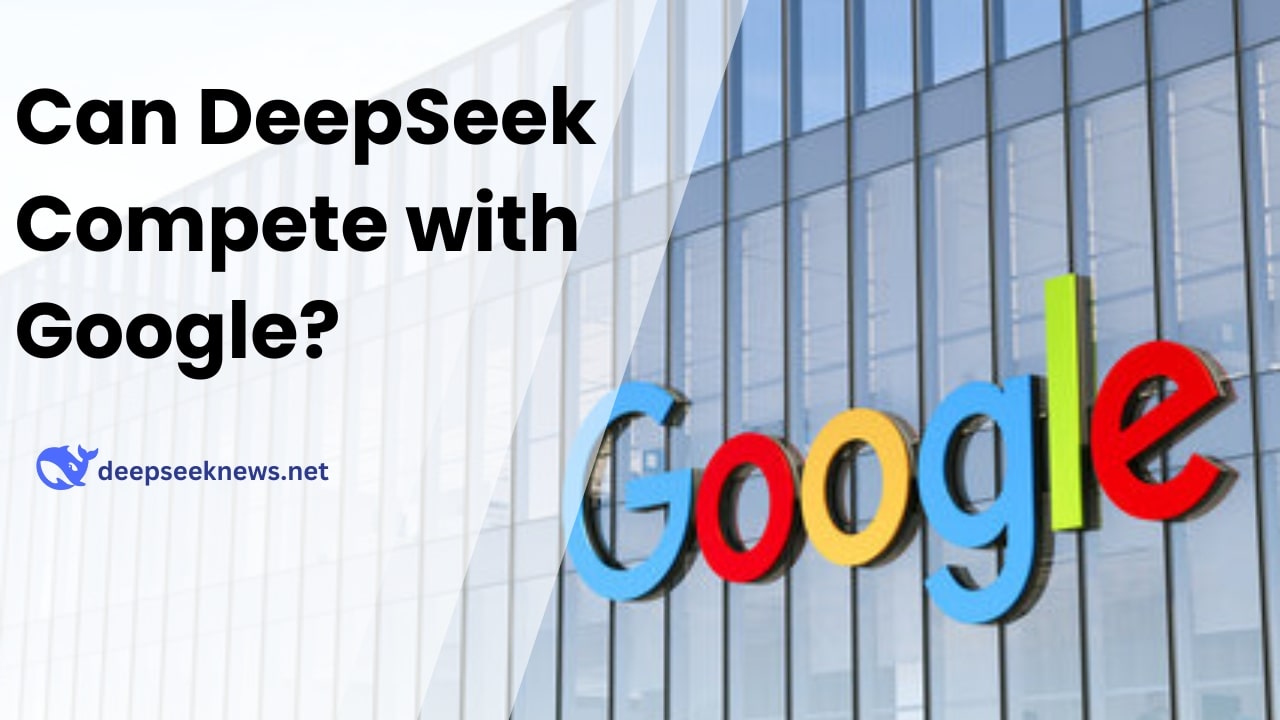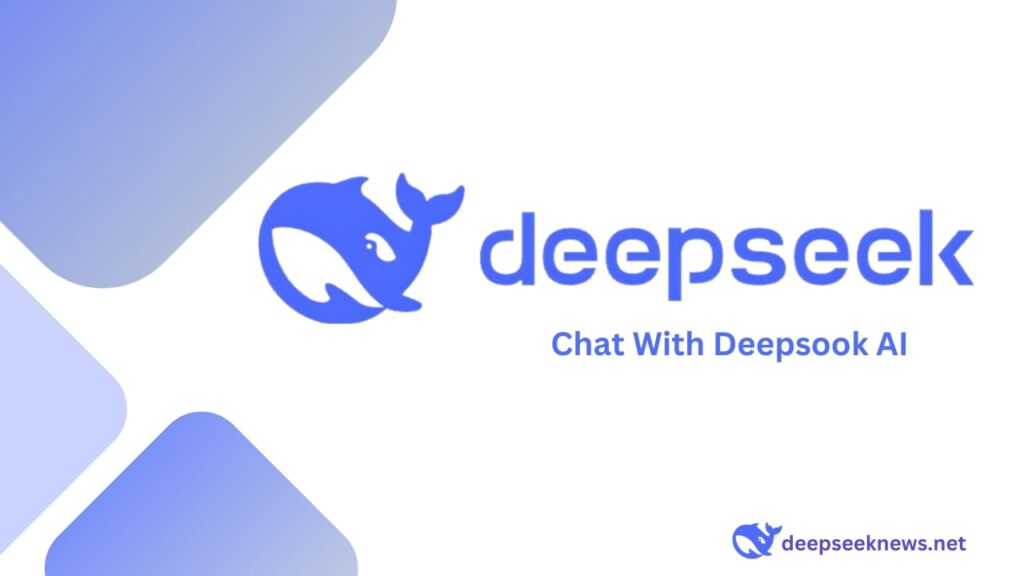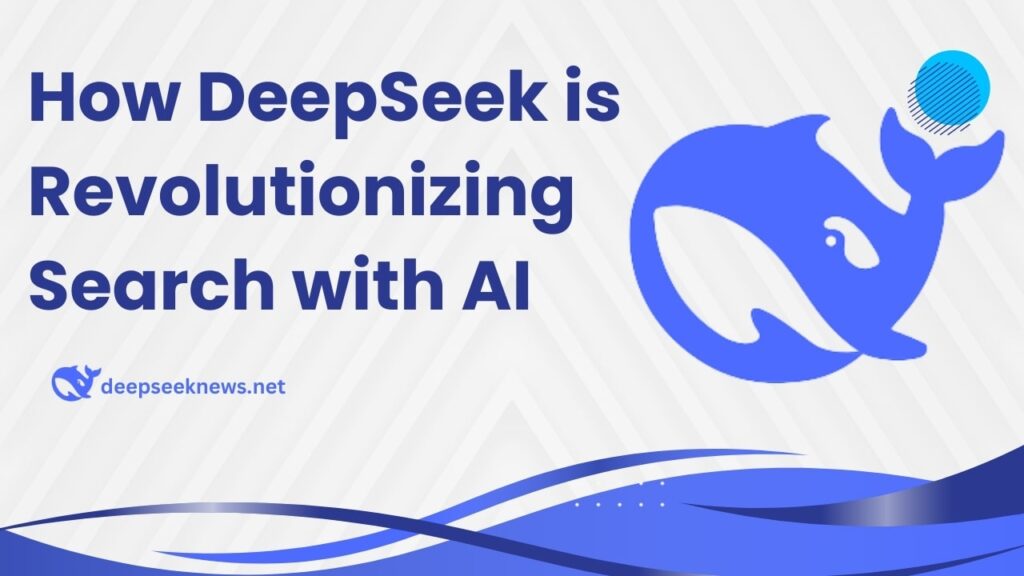Search engines have come a long way since their inception. Google has been the undisputed leader for years. But now, AI-powered search engines like DeepSeek are entering the scene. Can they compete with Google? Let’s explore.
The Dominance of Google
This search engine controls over 90% of the global search engine market. It’s fast, reliable, and packed with features. From maps to email, it has built an ecosystem that keeps users hooked. Its algorithm, which relies on keywords and links, has been refined over decades.
But Google isn’t perfect. Users often struggle with irrelevant results or ads cluttering the page. This is where AI-powered search engines like DeepSeek aim to make a difference.
What DeepSeek Brings to the Table
DeepSeek is not just another search engine. It’s powered by artificial intelligence. This means it can understand natural language and context. Instead of typing keywords, users can ask full questions. DeepSeek then delivers precise answers.
For example, if you ask, “What’s the best way to learn Python?” AI search tools won’t just show links. They might provide a step-by-step guide or recommend resources based on your skill level. The rise of AI-driven search tools has led to advancements such as multimodal search, which integrates text, voice, and image queries.
Key Differences Between DeepSeek and Google
- Search Approach
Google relies on keywords. DeepSeek emphasizes grasping the intent behind queries. This makes it more intuitive for users. - Conversational Search
This tool allows users to ask questions in natural language. The popular search engine has similar features, but this tool integrates them seamlessly into its platform. Advances in Natural Language Processing in DeepSeek play a crucial role in its ability to understand user intent.
- Real-Time Data
DeepSeek excels at processing real-time information. Whether it’s news or live scores, it delivers updates faster than Google in many cases. - Personalization
This search tool uses AI to learn user preferences. This means results are tailored to individual needs. Other search engines also personalize results, but this tool takes it a step further.
Strengths of Google
Google’s biggest strength is its vast infrastructure. It has millions of servers and data centers worldwide. This ensures fast and reliable searches, even during high traffic.
Another strength is its real-time data processing. This tool can provide up-to-the-minute information, which is crucial for news and events. The platform is gaining traction, and even industries outside tech, like entertainment, are exploring its capabilities, such as a Bollywood Composer Using DeepSeek for music creation.
Strengths of DeepSeek
DeepSeek’s AI-driven approach is its biggest advantage. It understands context and delivers conversational results. This makes it ideal for users who prefer a more natural search experience.
Another strength is its real-time data processing. This tool can provide up-to-the-minute information, which is crucial for news and events. Its multimodal search, which supports text, voice, and images, also sets it apart.
Challenges for DeepSeek
Despite its advantages, this tool encounters major obstacles. Rivalling Google’s industry supremacy won’t be simple. Google has extensive experience and a dedicated audience.
This search tool also lacks the infrastructure and data that other major search engines have. Building a comparable system will take time and resources. Additionally, changing user habits is a tough task. Most people are accustomed to using widely popular search platforms.
On a global scale, search engines are shaping political and economic landscapes. For instance, the Democratic Party of Korea’s Response to DeepSeek highlights how AI search tools influence governance and policy.
Can DeepSeek Compete with Google?
In the short term, this tool is unlikely to replace Google. However, it can establish a niche for itself. Its AI-driven features make it a strong competitor in specific areas.
For example, DeepSeek could become the go-to search engine for academic research. Its ability to understand complex queries and provide detailed answers is a major advantage. It could also appeal to users who prefer conversational search.
Over time, this innovative search tool could gain traction as AI technology improves. However, competition is heating up, with other tech giants making moves. OpenAI’s New ChatGPT Tool is a direct challenge to DeepSeek’s AI-powered search, adding another layer to the battle for dominance.
The Future of Search Engines
The search engine market is evolving. AI-powered engines like DeepSeek are pushing the boundaries of what’s possible. While Google remains the leader, it will need to adapt to stay ahead.
In the future, we might see a more diverse search engine landscape. Different platforms could cater to specific needs. This innovative tool could play a key role in this shift, especially as AI becomes more advanced.
Conclusion
DeepSeek vs. Google is not just a battle of search engines. It’s a clash of technologies and approaches. While the dominant search engine leads the market, this new AI-driven tool offers a fresh perspective.
Can this new search tool compete with the leading search engines? The answer is yes, but not overnight. It has the potential to disrupt the market and redefine how we search for information. For now, it’s a promising alternative worth exploring.
As technology advances, the competition between traditional and AI-powered search engines will shape the future of information retrieval. This tool is a step in that direction, and its journey will be fascinating to watch.

